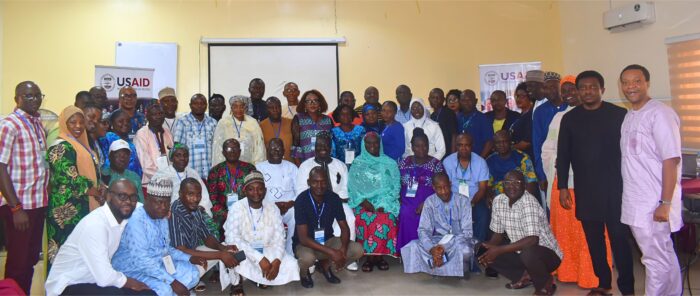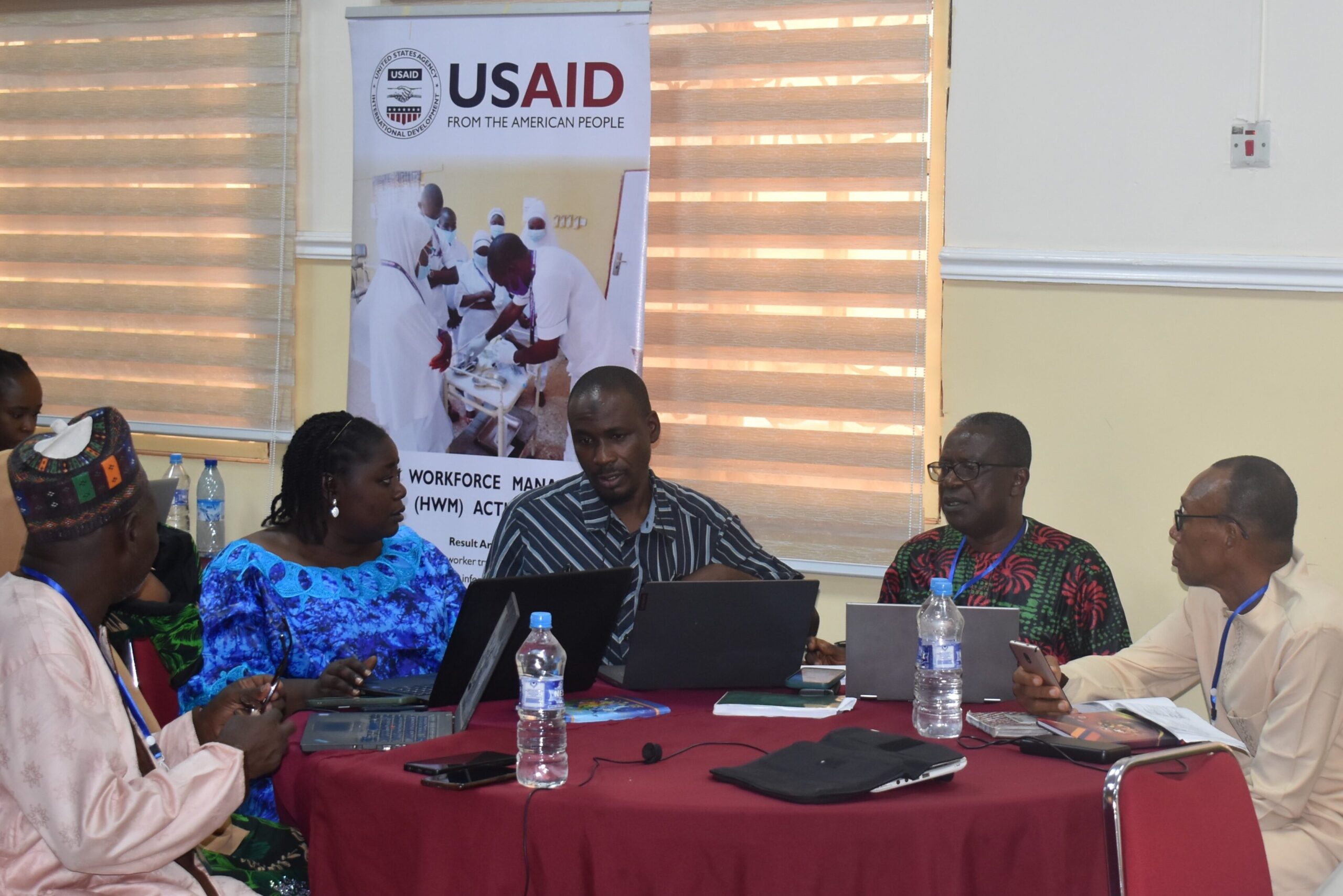Strengthening Quality Primary Health Care Delivery by Improving the Standing Orders of Community Health Practitioners in Nigeria

In Nigeria’s primary health care system, Community Health Practitioners (CHPs) are essential in delivering care at the community level, especially in rural and remote communities. These primary health facilities are predominantly staffed by CHPs, including Junior Community Health Extension Workers (JCHEWs), Senior Community Health Extension Workers (CHEWs), and Community Health Officers (CHOs). Each cadre of CHPs relies on the protocols outlined in their Standing Orders, which provide essential guidelines for accurate diagnoses and effective treatments.
The Standing Orders ensure that CHPs, who are often the first point of contact in primary health care, operate with the latest medical knowledge and best practices. They help CHPs identify health conditions, make diagnoses, and deliver appropriate care to their patients. Furthermore, these protocols serve as the cornerstone for developing training for CHPs. By regularly updating these Standing Orders, the quality of care provided is enhanced, health outcomes are improved, and practitioners are ensured to be well-equipped to address evolving health challenges in their communities.
In February 2024, the United States Agency for International Development (USAID) Nigeria Health Workforce Management (HWM) Activity collaborated with the Community Health Practitioners Registration Board of Nigeria (CHPRBN) and key stakeholders to revise the Standing Orders for each cadre of CHPs, which were last updated in 2015. The HWM Activity hosted and facilitated a five-day workshop for participants to collaborate and build consensus on key priorities and technical areas in need of review. Key stakeholders that participated in the review included the National Primary Health Care Development Agency (NPHCDA), the National Association of Community Health Practitioners of Nigeria (NACHPN), the National Association of Community Health Workers (NACHW), and Resolve to Save Lives.

During the workshop, the HWM Activity also supported the CHPRBN to finalize its Continuous Professional Development (CPD) manual and curriculum for current CHPs who are renewing their medical licenses. This initiative ensured that the continuing education guides align with current best practices for health care, contain the defined competencies of the three cadres of CHPs, and improve accessibility and use. Over 200,000 registered community health practitioners and 94,000 community health practitioner students across Nigeria will benefit from the revised Standing Orders, which will enhance the quality of health outcomes in the communities they serve.
